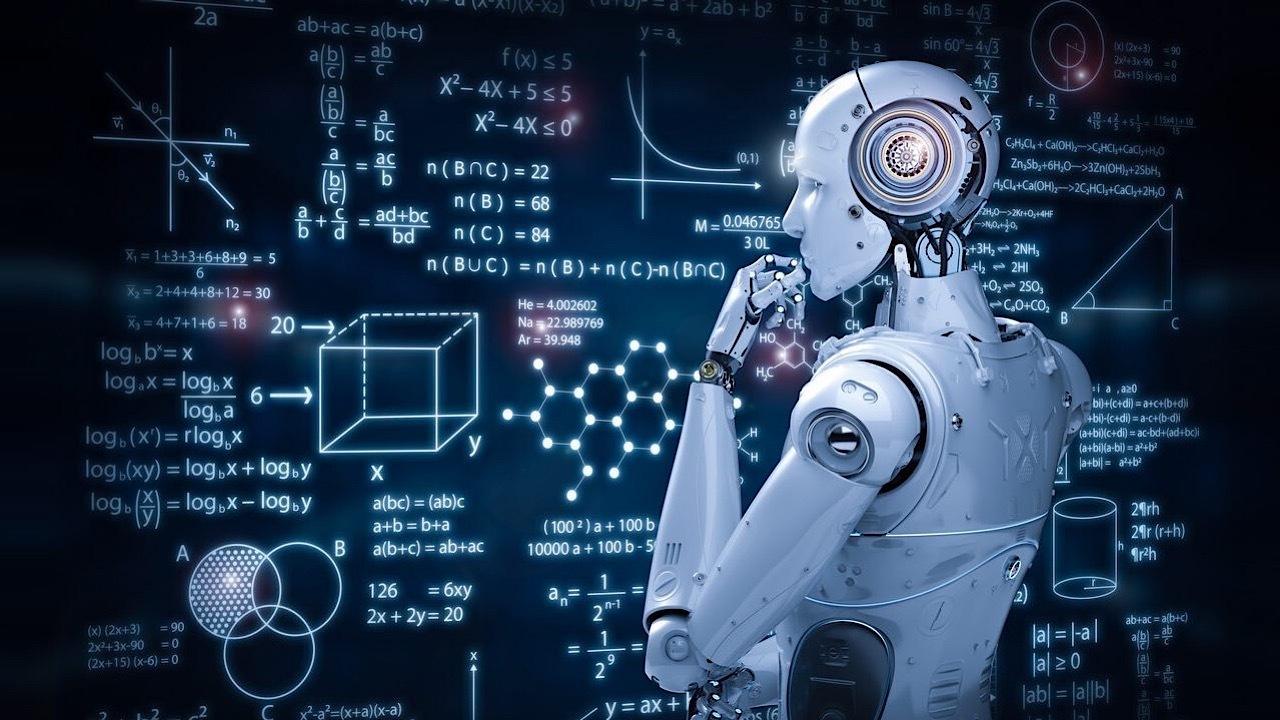Babak Arabi told the Strategic Council on Foreign Relations, while referring to the US and EU concern regarding the development of artificial intelligence strategy by China and their claims about the ideological inclination of Chinese artificial intelligence systems, that artificial intelligence has developed in such a way that it has been able to change the face of the world by making efficient tools. The root of this evolution should be found in computer science, electrical engineering, information science, and cognitive science.
He added that wireless networks had made digital transformation possible by developing interconnected processors, sensors, and memories. Artificial intelligence in this platform has the possibility of rapid and presentable growth. A vast network of mobile phones, computers, cameras, cars, game consoles, televisions, home appliances, and all kinds of practical “apps” is an extensive hardware and software network that allows online understanding of the surrounding conditions and online decision-making. This emerging structure creates new capacities for governance and, at the same time, gets out of the control of dominant rulers.
This professor of computer science and artificial intelligence refers to the challenges created by the development of the use of cryptocurrencies and “Blockchain” technology to control, monitor and manage central banks, as well as the expansion of the use of social networks and virtual space by producing and publishing news for public opinion and governments, added that in the current situation, media giants are always behind “citizen-journalists” and in some cases, they rely on them. A problem that often does not consider the interests and views of the sovereigns.
While explaining the performance and consequences of using ChatGPT as one of the newest and most advanced tools produced in artificial intelligence, Arabi explained that this efficient tool has also brought many challenges. The development of this technology and the imaginable dependence of ordinary people in making decisions on it, along with the direction of tool developers, is the source of changes and concerns. In the discussions of machine learning in artificial intelligence, the issue of “bias” is an old and vital issue. A large part of orientations is unwanted and unavoidable due to data limitations. However, direction and inclination can also happen consciously.
He said ignoring orientation and inclination in artificial intelligence systems and blindly accepting their output can cause problems. Rulers can use artificial intelligence-based tools for their goals by imposing their views, thinking, and ideological framework. In this context, system designers and analysts can deal with orientations during design or show their existence through statistical analysis methods.
A severe challenge of machine learning-based systems is the problem of describability. Perhaps some reasons for this indescribability are intentional, but the more significant part is related to the difficulty of describing complex decision-support machines. This computer science and artificial intelligence analyst stated that artificial intelligence systems rely on learning and are therefore data-oriented, and explained that artificial intelligence should go in the direction of being “descriptive,” and with its reasoning process being transparent and interpretable, it displays users the path to the result.
“Westerners accuse China that their artificial intelligence-based systems’ inference method and reasoning process is not undirected, fair, and descriptive. Of course, the Western samples also have such a weakness and cannot be considered fair and descriptive. This is a fundamental global challenge. Suppose artificial intelligence-based systems are to be developed and play a greater role in our lives, and we become more dependent on them for our decisions. In that case, it is necessary to have ethical entities, organizations, and NGOs concerned about these issues independently of governments and try to monitor the tools that will widely enter our lives in the next twenty to thirty years from this point of view.”
This Tehran University professor pointed out the importance of legislation by governments to manage these challenges. For example, governments can oblige companies that produce artificial intelligence-based tools to gradually ensure no direction and fairness of decisions, along with transparent, comprehensible, and describable reasoning.
He stated that judging the level of progress of the West and China in artificial intelligence and their leadership is not easy at all. He explained that in the situation where we are witnessing a kind of cold war atmosphere in the relations between the United States and China, it seems that the media atmosphere that is about China’s leadership in the field of artificial intelligence has become more common and advertising, to create fear and terror towards the competitor. Of course, considering the all-round and especially economic growth of China in the last thirty years, it may be said that we do not see a significant difference between the two sides in terms of scientific and technological weight. However, the western side may be slightly ahead, thanks to more history.
Emphasizing that the tools are not moral or unethical in themselves, but they can be used appropriately or inappropriately, to the efforts of some European governments to apply a clear and comprehensive legal framework to protect data and move towards reliable artificial intelligence, with using some standards to create the ability to explain and track the results, he said that considering that we are in the first stages of legislation in this regard for people’s lives, there are many challenges and capacities in this regard.
He added that in the current situation, tools have been developed, but rules have not been established. It should be remembered that the existence of technologists and lawyers simultaneously is necessary for the legal issues of technology. This also applies to artificial intelligence. To legislate and provide correct opinions, we must train people who are also lawyers and have expertise in the field of artificial intelligence. There may soon be international conventions that want to discuss this matter; we should be able to express our views while entering them.










0 Comments